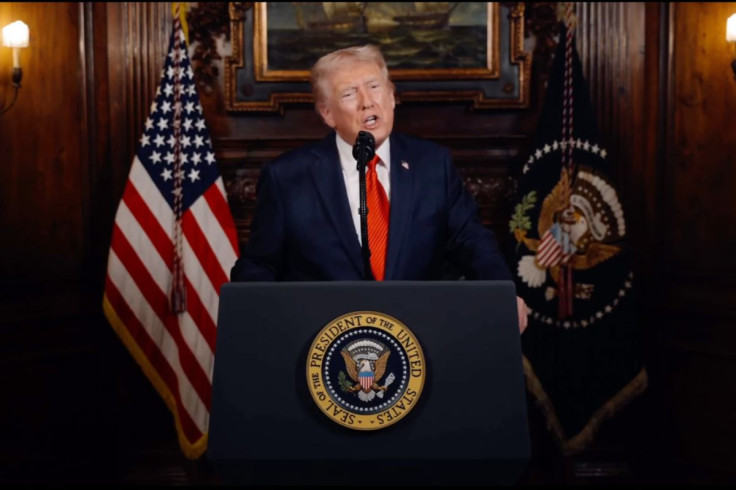Trump's Green Card Danger Zone: The #1 Mistake Lawyers Say Could Get You Deported

As the Trump administration tightens its grip on immigration policy, legal experts are warning green card holders to be vigilant. A single misstep, particularly one involving residency requirements, could now result in deportation under expanded enforcement rules.
The most common—and costly—error is failing to maintain continuous ties to the United States, a violation increasingly treated as an abandonment of lawful permanent residency under expanded enforcement rules.
Residency Abandonment Now a Deportation Trigger
Under revised 2025 immigration regulations, green card holders who spend extended periods abroad may be flagged for possible abandonment of residency—a charge that can now fast-track removal proceedings.
According to VisaVerge, absences exceeding six months are considered high-risk. Immigration officers now assess whether a person's employment, housing, or family ties prove intent to live in the US. Those lacking sufficient documentation can face questioning—or even detention—upon re-entry.
Expedited Removals and Expanded Enforcement Powers

The Department of Homeland Security (DHS) has expanded and expedited removal authority nationwide, empowering ICE agents to deport individuals without court hearings if they are found to have violated their residency terms.
The National Immigration Law Centre (NILC) reports that both ICE and Customs and Border Protection (CBP) are now tracking travel patterns, social media posts, and financial activity. Green card holders who spend long periods overseas or demonstrate weak domestic connections may be subject to increased scrutiny.
Recent cases highlight how quickly circumstances can escalate. One long-time US resident was detained after a six-month trip to care for an ailing parent abroad because officials found no active US employment or property records.
Legal Experts Urge Proactive Steps
Immigration attorneys recommend clear, proactive measures to prove your intent to reside permanently in the US:
1. Limit Time Abroad
Avoid trips exceeding six months. For necessary travel, apply for a re-entry permit and maintain written proof—such as return tickets, lease renewals, or employment correspondence—showing intent to come back.
2. Maintain Strong US Ties
Keep records such as:
- Employment or business ownership documents
- Lease or mortgage agreements
- Utility and tax bills
- Children's school enrolment
- Community involvement records (volunteering, church membership, etc.)
These materials strengthen your proof of residence.
3. File US Taxes Annually
Tax filing is one of the clearest indicators of residency. Failing to file can be viewed as relocation abroad. Always keep copies of your returns and IRS confirmations.
4. Avoid Legal Trouble
Minor offences—including traffic violations—can now trigger deeper background checks or deportation proceedings. Seek immediate legal advice if arrested or charged.
5. Consult an Immigration Lawyer Regularly
Policy shifts happen quickly. Lawyers recommend annual check-ins to review travel history, update documentation, and stay compliant. Many offer free or low-cost consultations.
6. Update USCIS Records
Keep your address and contact information current with USCIS. Ignoring agency notices or failing to respond can result in fines or loss of status.
Know Your Rights—and Your Risks
Legal experts emphasise that lawful permanent residents (LPRs) continue to hold constitutional protections—but the burden of proof has shifted. You must now actively demonstrate that your primary home and life remain in the United States.
According to the NILC, actions such as selling property, quitting US employment, or failing to file taxes can all be interpreted as signs of relocation.
An immigration attorney cautioned: 'Residency abandonment doesn't happen overnight—patterns prove it. The safest move is to live, work, and document your life here as if your future depends on it—because under current policy, it might.'
© Copyright IBTimes 2025. All rights reserved.





















